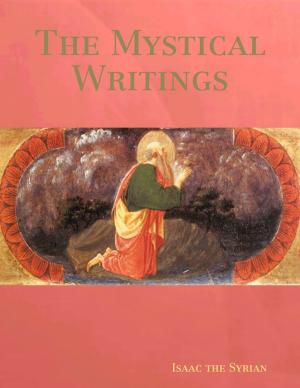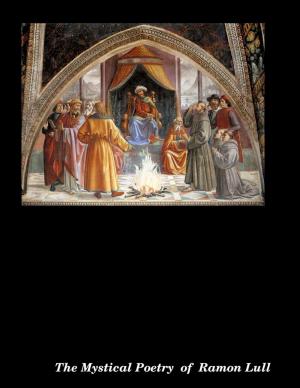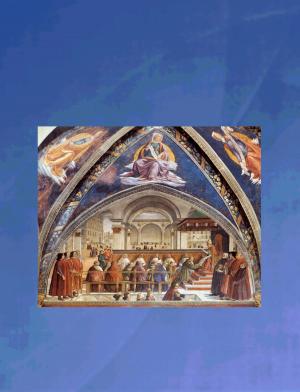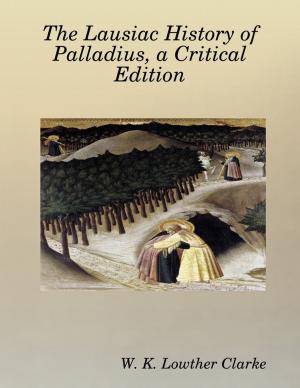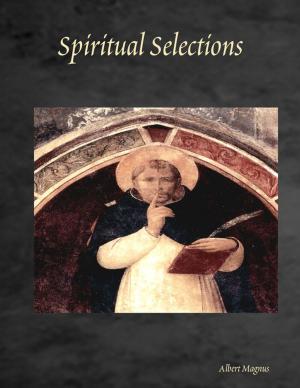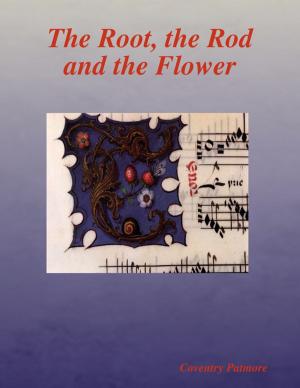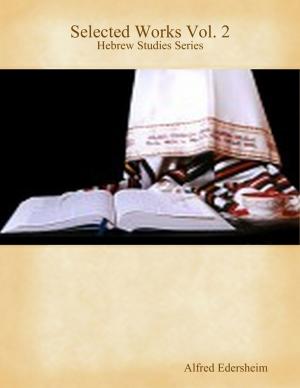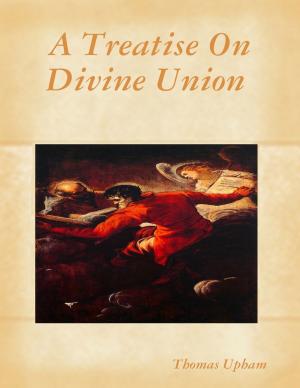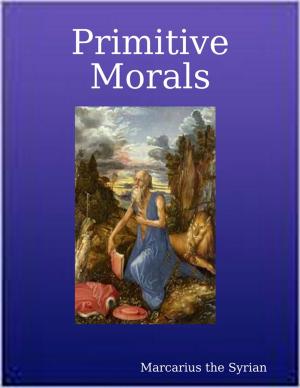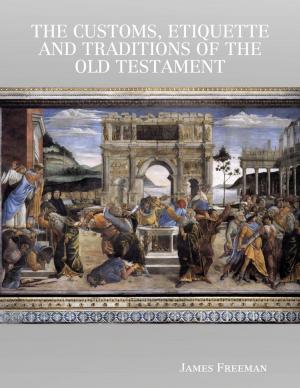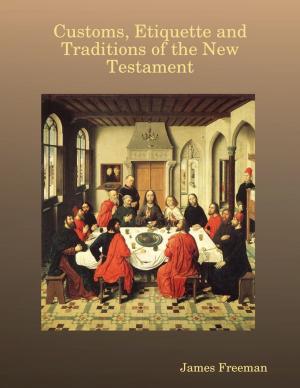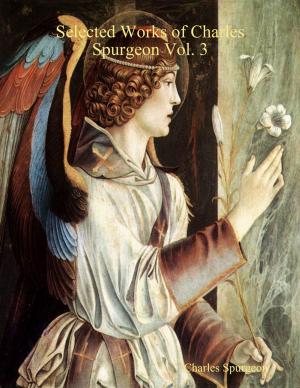| Author: | Bernard of Clairvaux | ISBN: | 9781936392582 |
| Publisher: | Revelation Insight | Publication: | January 1, 2016 |
| Imprint: | Revelation Insight | Language: | English |
| Author: | Bernard of Clairvaux |
| ISBN: | 9781936392582 |
| Publisher: | Revelation Insight |
| Publication: | January 1, 2016 |
| Imprint: | Revelation Insight |
| Language: | English |
It is hard to know how to characterize Bernard of Clairvaux. On the one hand, he is called the “honey-tongued doctor” for his eloquent writings on the love of God. On the other hand, he rallied soldiers to kill Muslims during the Crusades. He wrote eloquently on humility; then again, he loved being close to the seat of power and was an adviser to five popes. He is well regarded as the last of the Church Fathers & one of the great mystics. His best-known work is On Loving God, in which he states his purpose at the beginning: “You wish me to tell you why and how God should be loved. My answer is that God, Himself, is the reason He is to be loved.” What is clear is this: he was still widely quoted by Catholics and Protestants, both of whom claimed his support. John Calvin considered him the major witness to truth between Gregory the Great and the 1500s. His other great literary legacy is Sermons on the Song of Songs, 86 sermons on the spiritual life that, in fact, only tangentially touch on the biblical text.
It is hard to know how to characterize Bernard of Clairvaux. On the one hand, he is called the “honey-tongued doctor” for his eloquent writings on the love of God. On the other hand, he rallied soldiers to kill Muslims during the Crusades. He wrote eloquently on humility; then again, he loved being close to the seat of power and was an adviser to five popes. He is well regarded as the last of the Church Fathers & one of the great mystics. His best-known work is On Loving God, in which he states his purpose at the beginning: “You wish me to tell you why and how God should be loved. My answer is that God, Himself, is the reason He is to be loved.” What is clear is this: he was still widely quoted by Catholics and Protestants, both of whom claimed his support. John Calvin considered him the major witness to truth between Gregory the Great and the 1500s. His other great literary legacy is Sermons on the Song of Songs, 86 sermons on the spiritual life that, in fact, only tangentially touch on the biblical text.


